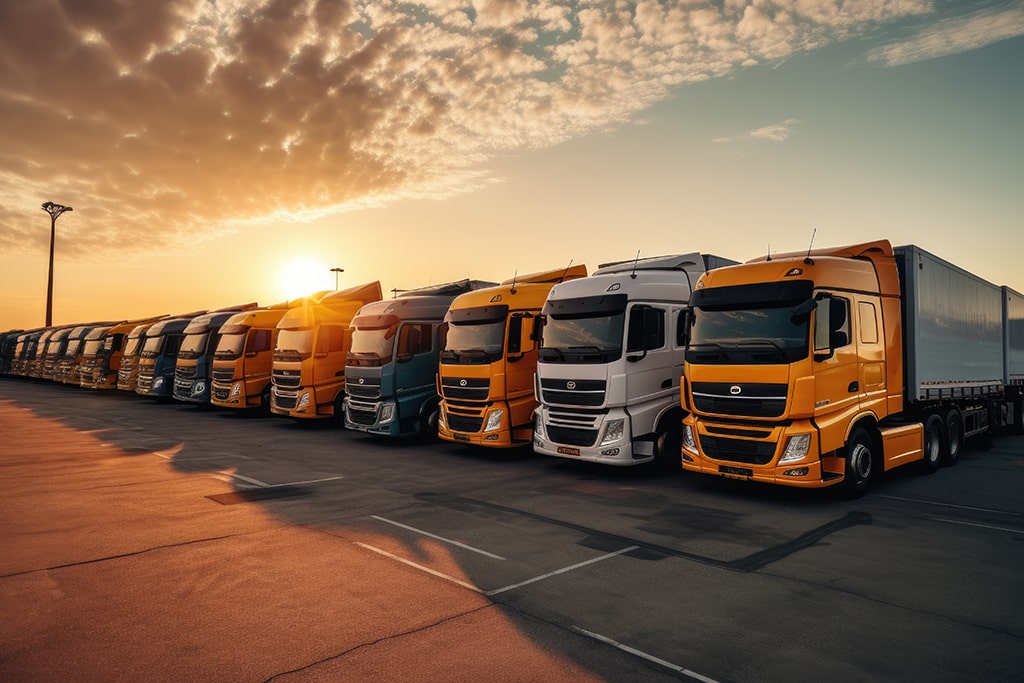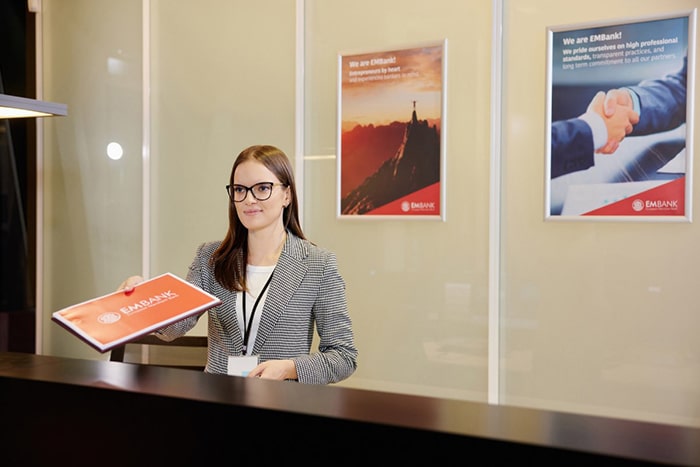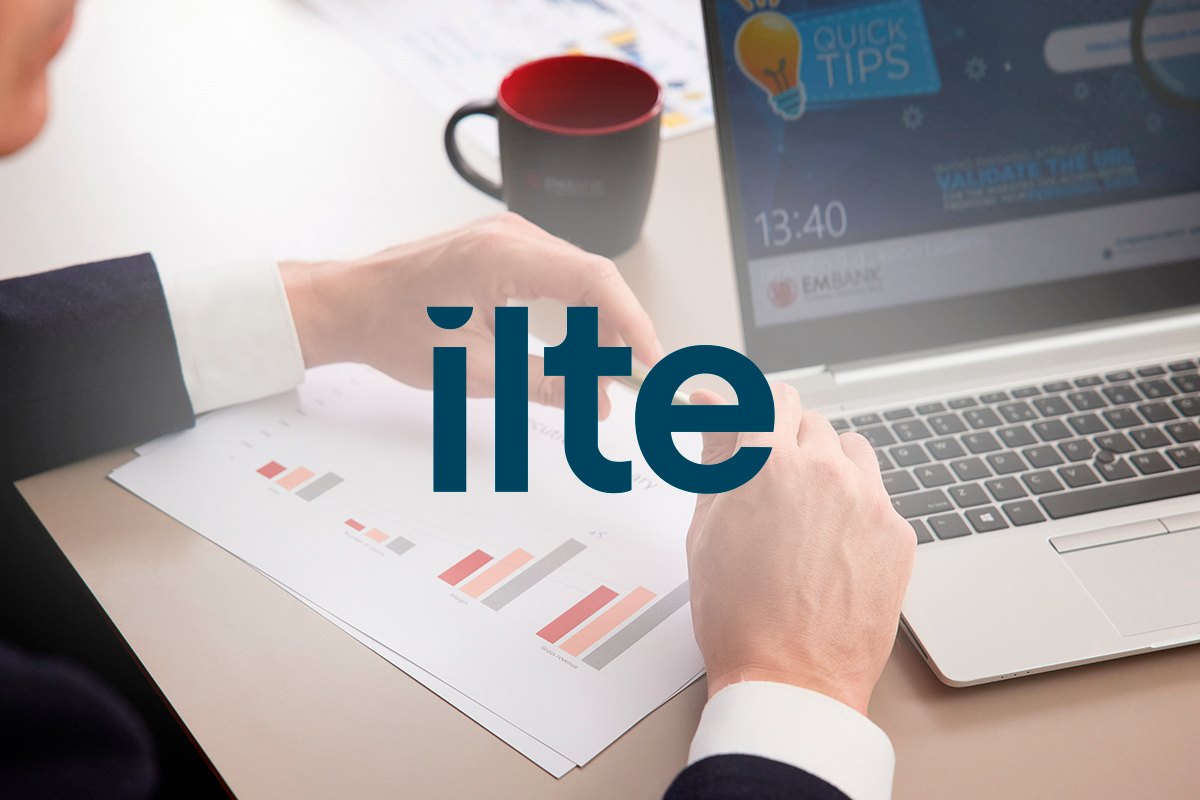
Leasing
Grow your fleet, renovate your equipment, pursue more
with new commercial vehicles with our leasing solutions
Leasing at EMBank
EMBank provides leasing service to equip your business with the right gear. Grow your fleet, renovate your equipment, pursue more with new commercial vehicles.
Equipment leasing is a great way for businesses to get the equipment they need without having to make a large upfront investment. Leasing allows businesses to get the equipment they need now and spread the payments out over time. This can free up cash flow and help businesses stay within their budget.
Advantages:
- Flexible solutions for each Business
- Fast process avoiding notaries
- The beginning of the loan’s repayment can be postponed until 3 months.
Conditions:
- Financing amount from 20,000 EUR to 2,000,000 EUR
- Financing is provided to purchase transport vehicles, production equipment, construction machinery, agricultural machinery, etc.
- Bullet payment amount at the end of lease term available depending on the asset and contract maturity.
- The upfront fee is at least 10%
- A property being leased must be insured in favour of the Bank for the entire loan term.
- Movable asset (vehicles or commercial vehicles) must be registered under EMB name in the State Enterprise – Regitra.
- The minimum maturity date for leasing is 6 months while the maximum is 6 years.
- Monthly repayment schedule
Please visit Fees and Commissions page to see the applicable fees.
How to Apply for Leasing?
The most common way is through a bank’s online application.
The first step in applying for a lease is gathering all the necessary paperwork. This includes financial statements, commercial offer, a business plan. The next step is to fill out a leasing application. The application will ask for basic information about the business, such as the type of business, the length of time in the business, and the amount of space needed.
Once the application is complete, it will be reviewed by the Bank. Bankwill determine if the business is a good fit for a lease. When the application is approved, the next step is to negotiate the terms of the lease. This includes the lease’s length, downpayment, and any other terms and conditions.
Once the terms of the lease are agreed upon, the last step is to sign the lease and move into the new space.
Apply now!
Please provide the required information and we will contact you within 1 working day.

Frequently Asked Questions
What is leasing?
Another common type of leasing arrangement is for businesses to lease office space or other real estate from another business. This type of arrangement is often used when a business needs a particular type of space for a short period of time and does not want to purchase the space outright.
A lease can be a very beneficial arrangement for businesses. It can allow businesses to obtain the use of assets that they would not be able to afford to purchase outright. Additionally, leasing can provide businesses with flexibility in terms of the lease’s length and terms of the agreement.
How does leasing work?
Leasing can be a flexible and affordable way to get the equipment your business needs without a large upfront investment.
There are two main types of leases: operating leases and capital leases. Operating leases are typically used for short-term rentals or for equipment with a relatively short useful life. Capital leases are used for equipment that will be used for a longer period of time, such as real estate or vehicles.
The terms of a lease agreement will vary depending on the type of equipment being leased and the length of the lease. Typically, leases are for 12, 24, or 36 months. At the end of the lease, you may have the option to purchase the equipment for its fair market value, return the equipment, or renew the lease.
Who benefits from business leasing?
What is the difference between leasing and business loans?
If you want to hear more about our working capital loans
Other Lending Options at
EMBank
We know that one size does not fit all, so we are working hard providing you various options to choose from. Let’s talk about how we can help you accelerate your business with the correct type of loan offering.

Working Capital Loans
Short-term loan to cater to your immediate working capital needs.

Credit Line
Dedicated to helping you meet your unexpected liquidity challenges.

Overdraft
No fixed terms, just flexibly whenever you need liquidity.

Investment Loans
Perfect for fixed asset investments and for helping your business grow.

ILTE (INVEGA) Guarantee
Providing financial accessibility to SMEs when there is a lack of adequate collateral.
Need a Different Loan?
If the loan options listed above don’t cater to your needs